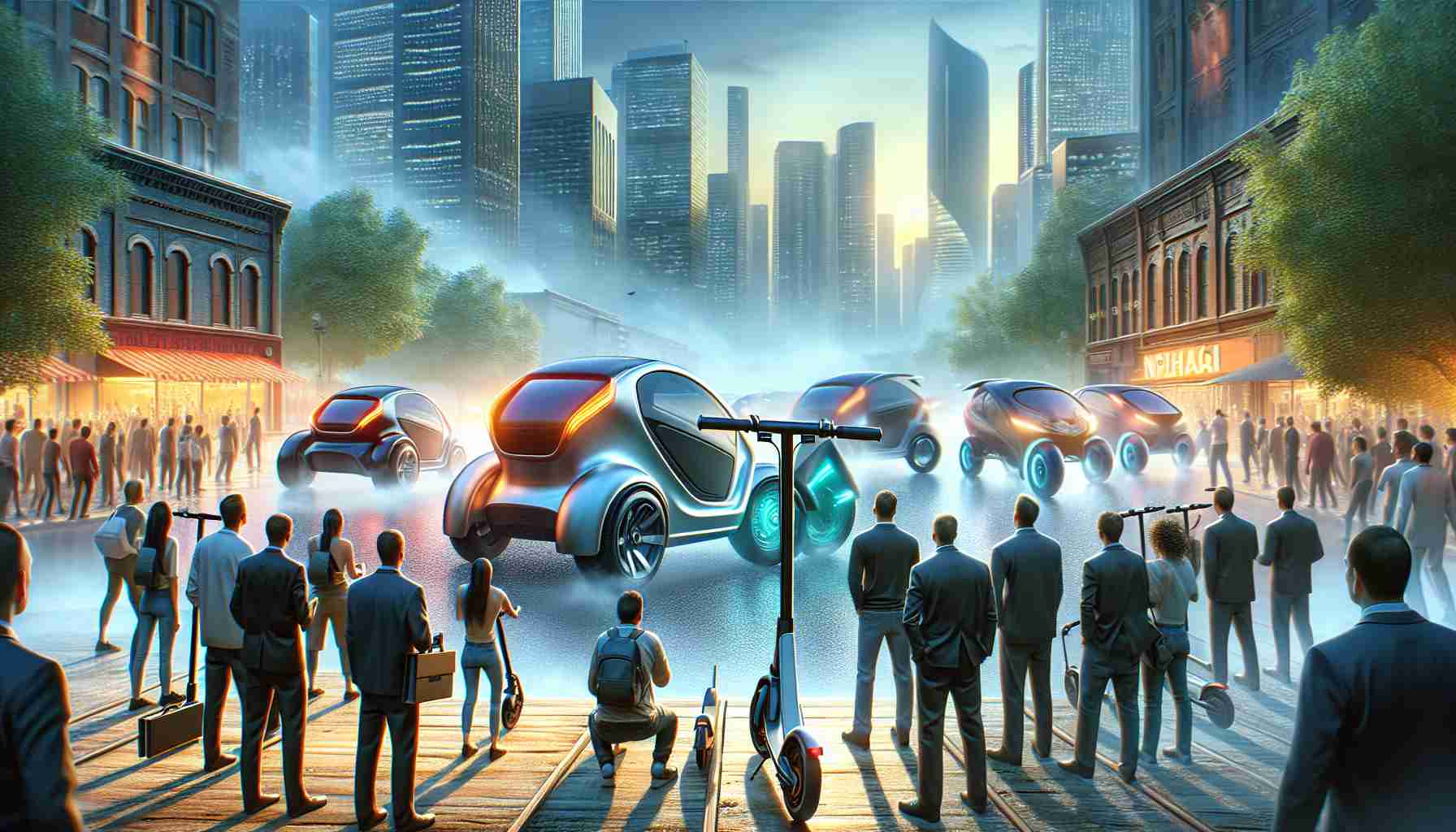
Honda Motorcycle and Scooter India (HMSI) is preparing to unveil two electric scooters, the QC1 and Activa, marking its entry into the competitive Indian electric scooter market. Given that several manufacturers, including Bajaj Auto and Ather Energy, have already established themselves, the anticipation surrounding Honda’s late arrival is somewhat muted.
Industry experts are questioning whether Honda’s initial offerings can make an impact, as the specifications appear modest and heavily focused on cost-efficiency. The launch does not seem to generate the excitement one might expect from such a big player in the two-wheeler segment. With Honda being the largest scooter producer in India and a globally recognized name in motorcycle manufacturing, the muted response is surprising.
The Indian electric vehicle landscape has already seen significant innovations and is witnessing rapid growth, with various brands pushing the envelope in technology and features. As HMSI enters, the industry watches closely to see if these new models will spark interest or fade into the background amid well-established competitors.
With sustainability and innovation at the forefront of the two-wheeler revolution, consumers are eager for revolutionary features and performance. The upcoming models from Honda will need to do more than just play catch-up; they must offer compelling reasons for riders to switch from the competition.
Honda’s Bold Move into Electric Scooters: Can They Compete?
Introduction
Honda Motorcycle and Scooter India (HMSI) is set to make waves in the electric scooter market with the launch of its two new models, the QC1 and Activa. While many manufacturers like Bajaj Auto and Ather Energy have already staked their claims, Honda’s entry into this rapidly evolving segment raises questions about its potential impact and overall strategy.
Features of the New Honda Electric Scooters
1. Specifications: Details on the QC1 and Activa’s specifications suggest a focus on cost-efficiency rather than groundbreaking technology. Industry observers are eager to see how these models will perform relative to competitors that offer advanced features and capabilities.
2. Sustainability Factors: With sustainability being a critical component of the electric vehicle (EV) market, Honda aims to integrate environmentally friendly materials and manufacturing processes into its production lines.
3. Battery Technology: It remains to be seen whether Honda will adopt cutting-edge battery technology, such as solid-state batteries, which are known for their improved safety and longer lifespans compared to traditional lithium-ion batteries.
Pros and Cons of Honda’s Electric Scooters
Pros
– Brand Recognition: Honda’s well-established brand may attract customers who trust the quality and reliability of their vehicles.
– Wide Distribution Network: Honda’s extensive service and support infrastructure in India can ease customers’ concerns about maintenance and assistance.
Cons
– Late Entry: Entering the market after several established competitors may result in difficulties in gaining market share.
– Lack of Innovation: If the new models do not differentiate themselves with innovative features, they may struggle to resonate with tech-savvy consumers eager for advancements.
Market Insights and Trends
The Indian electric scooter market has been growing rapidly, with a significant shift toward electric vehicles. A report from the Indian Electric Vehicle Market Analysis indicates a projected CAGR (Compound Annual Growth Rate) of over 30% in the coming years. Consumers are increasingly seeking high-performance, eco-friendly alternatives to traditional gasoline scooters.
Predictions for Honda in the EV Market
Experts predict that if Honda’s QC1 and Activa can address the innovative expectations of consumers, they may carve out a niche. Strategic marketing that emphasizes sustainability and reliability, combined with modern features, could help Honda establish a foothold in this competitive space.
Conclusion
As Honda prepares to launch the QC1 and Activa, future success will depend on their ability to align with consumer expectations for sustainability and innovation. In a market filled with advanced competitors, Honda must leverage its brand strength while also offering unique features that appeal to a growing base of eco-conscious riders. The industry will be watching closely to see if these new electric scooters can make a meaningful impact.
For more updates on electric scooters and the evolving Indian automotive landscape, visit Honda Motorcycle and Scooter India.



